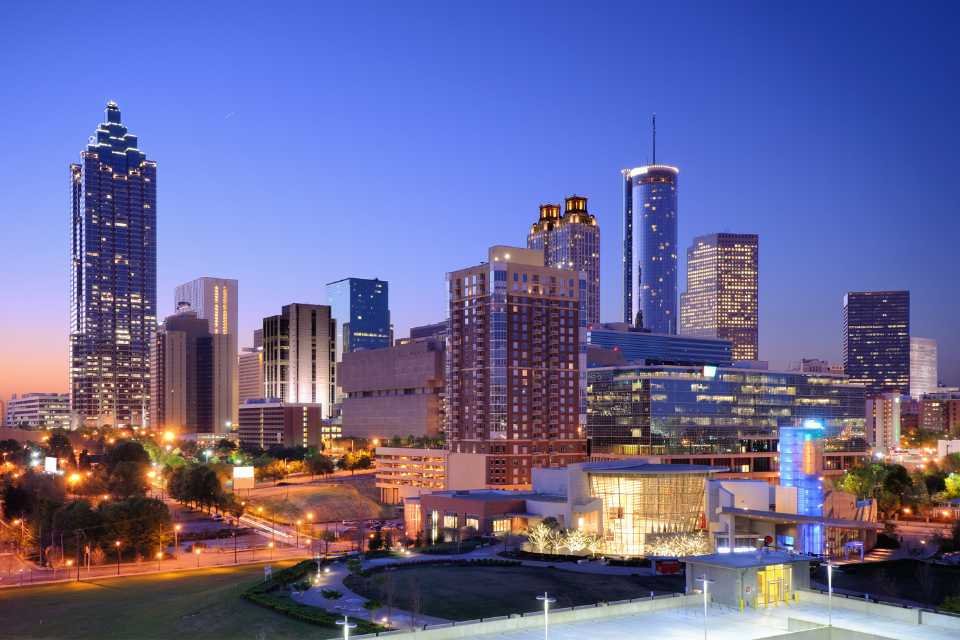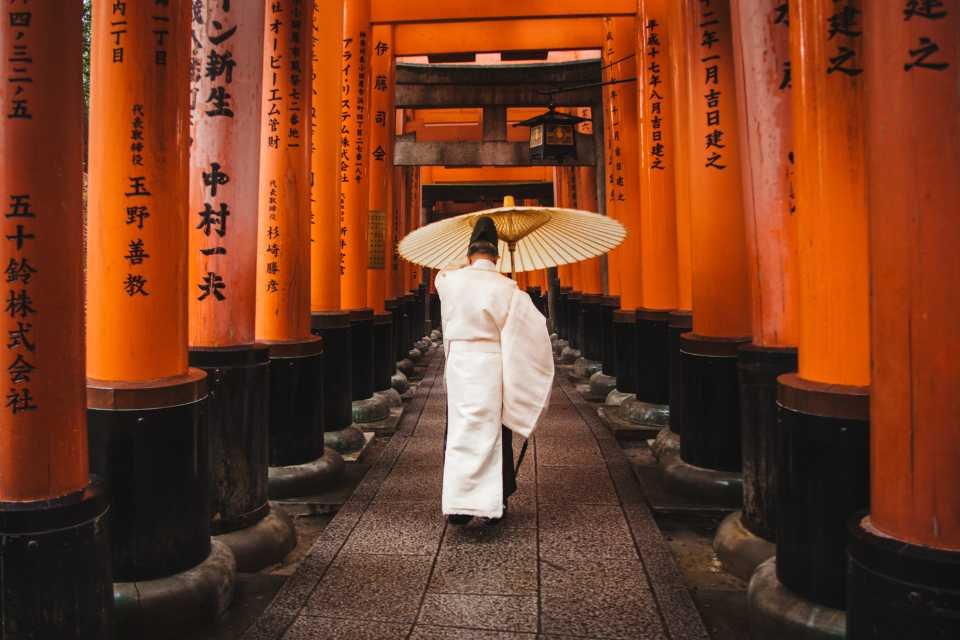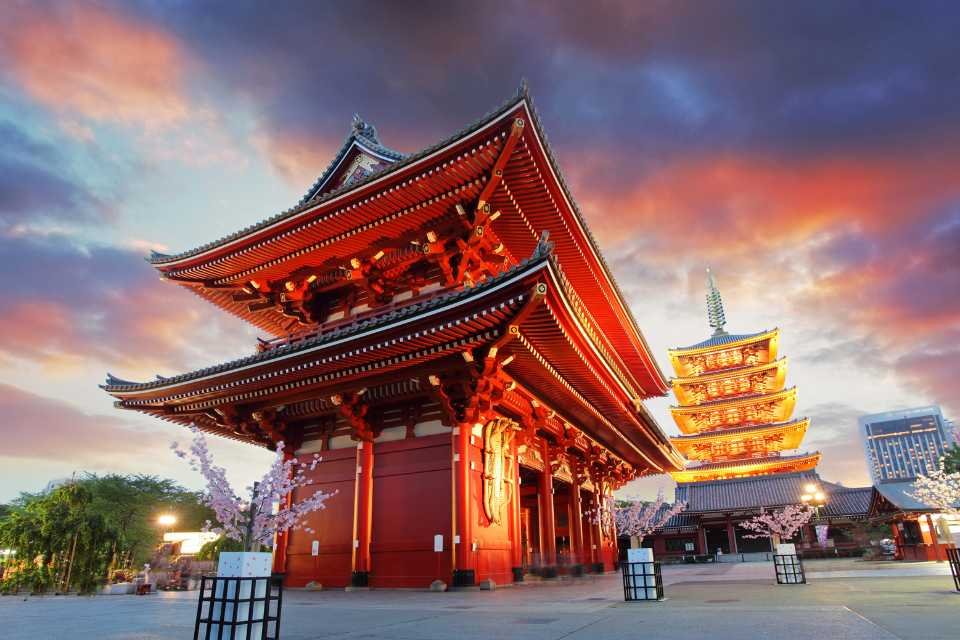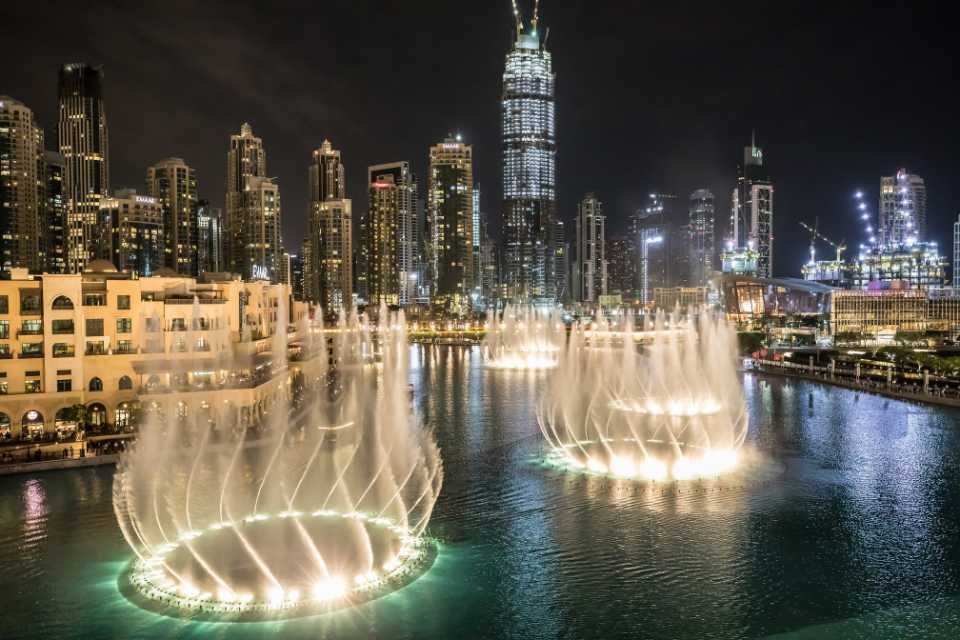11 interesting Singapore facts that you probably didn't know
11 things about Singapore that aren’t necessarily common knowledge
Singapore is one of the most interesting countries in Southeast Asia, and its fascinating history, culture, and attractions make it a great destination for travelers. But did you know that Singapore has some amazing facts that you probably didn’t know? In this blog post, we’re going to be sharing 11 interesting facts about Singapore that you might not have known before! So read on to learn more about this fascinating country.
1 of 10
The country is only 50 years old
Believe it or not, Singapore is a relatively young country. It only gained independence from Malaysia in 1965 and has since developed into the bustling metropolis that it is today. With its mix of cultures, religions, and languages, it’s no wonder that Singapore is becoming one of the most visited destinations in Southeast Asia. Despite its short history, Singapore has come a long way and continues to strive towards an ever more prosperous future.
2 of 10
There are more than 5 million people living in Singapore
You may not have realized it, but Singapore is home to more than 5 million people! This tiny city-state is a bustling metropolis with a diverse population. The vast majority of Singapore's residents are of Chinese, Malay, and Indian descent. English is the official language in Singapore, so you'll find many locals speaking it fluently. You'll also find a number of other languages spoken in this multicultural country. No matter where you go in Singapore, you can expect to be surrounded by a diverse and vibrant population.
Read next: The ultimate Singapore Gardens by the Bay travel guide
3 of 10
The official language of Singapore is English
You might be surprised to learn that the official language of Singapore is English! This makes it a great place for travelers who don't speak any other languages. English is used in almost all aspects of life, from the education system to business and even in the legal system. Singapore has also adopted several loanwords from local languages, such as Chinese and Malay, so you might hear some of these words while exploring the city. Even if you don't speak any of the other languages, you should have no problem getting around and understanding basic conversations.
4 of 10
Driving is exceptionally expensive
Are you looking for a new way to get around in Singapore? If so, you should be aware that driving is exceptionally expensive. Not only do you need to purchase a car, but you must also purchase an insurance policy and pay for parking fees. The cost of gas and regular car maintenance can also be quite high, making it more cost-effective to use public transportation in the long run. To get around the city, many people opt to use taxis, buses, or trains instead of driving their own vehicle.
Read next: The.best neighbourhoods in Singapore
5 of 10
The currency of Singapore is the Singapore dollar
If you’re visiting Singapore, you should make sure you bring enough Singapore dollars with you to cover all your expenses. You will find that the Singapore dollar is accepted virtually everywhere in the country. The currency comes in denominations of 100, 50, 10, 5, 2 and 1, as well as 0.50, 0.20 and 0.10. As a foreign visitor, it’s also possible to withdraw cash from ATMs or make purchases with foreign credit cards, which are widely accepted in the country. Just make sure you are aware of any applicable fees that may be charged.
6 of 10
The climate in Singapore is tropical
If you’re travelling to Singapore, you can expect to experience warm and humid weather year-round. You should be prepared for temperatures to reach up to 35°C (95°F) during the day, and between 24-26°C (75-79°F) at night. Singapore experiences both a monsoon season and a dry season.
The monsoon season usually lasts from December to March, while the dry season lasts from June to September. During the monsoon season, the humidity is typically higher and there is a chance of heavy rain. It’s always wise to bring an umbrella with you if you’re travelling in Singapore.
7 of 10
There are two main religions in Singapore
Buddhism and Taoism, which are both Chinese religions, are the most widely practised religions in Singapore. The followers of these two religions make up about 40% of the population. Christianity is also a major religion, with over 15% of the population following it. Other religions that are commonly practiced include Islam, Hinduism and Sikhism.
In Singapore, freedom of worship and expression are respected and protected by law. People are free to practise whatever faith they wish, and the government provides funding for places of worship for all religions. Singaporeans have a generally positive attitude towards different religious beliefs and there is a high level of tolerance between different faiths.
8 of 10
Chewing gum is banned
It may come as a surprise to some, but chewing gum is actually banned in Singapore! The ban was initially put in place in 1992 to prevent littering, and the law is still in place today. Anyone caught with chewing gum can face a fine of up to $500, so it’s definitely best to leave your chewing gum at home when travelling to Singapore. The only exception is dental and nicotine gum, which are allowed under prescription.
9 of 10
Healthcare in Singapore is free
Did you know that healthcare in Singapore is free for all? Yes, you heard that right! The country has a comprehensive and affordable healthcare system that provides both inpatient and outpatient services. All Singapore citizens and permanent residents are eligible for subsidized healthcare services at government-run hospitals and polyclinics.
These healthcare services include consultations with doctors, diagnostic tests, treatments, and medications. Furthermore, the government also subsidizes up to 80 percent of medical bills at private medical facilities. So if you ever find yourself needing medical care while in Singapore, rest assured that you will be able to access quality healthcare services without having to worry about the costs.
10 of 10
The life expectancy in Singapore is high
If you're planning to move to Singapore, you can rest easy knowing you'll be living in one of the most healthy countries in the world. According to the World Health Organization, the life expectancy for a person living in Singapore is 83.2 years, which is much higher than the global average. In fact, Singapore has the third highest life expectancy in the world. The healthcare system is also excellent in Singapore and is free for citizens and permanent residents. All of these factors make Singapore an ideal place to live and raise a family.
11 of 10
The crime rate in Singapore is low
If you're planning a trip to Singapore, you can rest assured knowing that the crime rate is low. Singapore is well-known for its strict law enforcement and zero-tolerance policy on crime. The city-state consistently ranks among the safest cities in the world according to The Economist's Safe Cities Index, and the country has been listed as one of the least corrupt countries in the world. While petty theft may be an issue in some areas, serious crimes are rare, making Singapore an attractive tourist destination.













